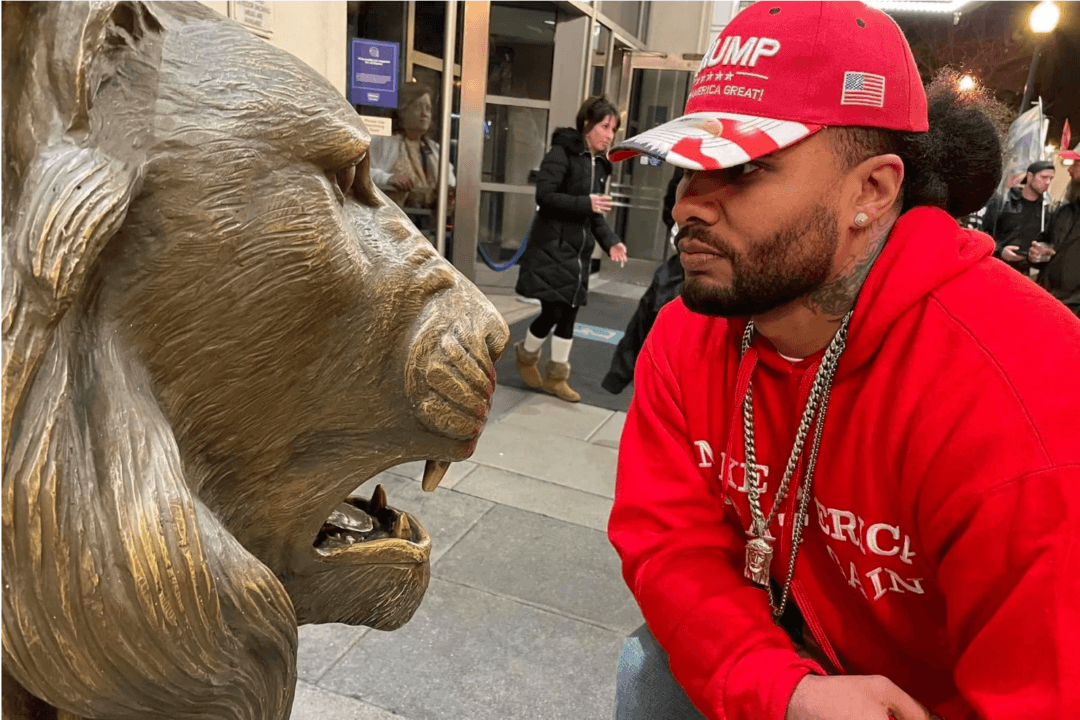Those who have been incarcerated for their participation or presence in Washington on Jan. 6, 2021, have been called everything from patriots to insurrectionists. But of all the Jan. 6 prisoners currently being held in any number of detention facilities across the country, the one who seems to stir the most controversy is a 33-year-old Hammond, Indiana, man named Kash Kelly.
So, who is Kash Kelly?





